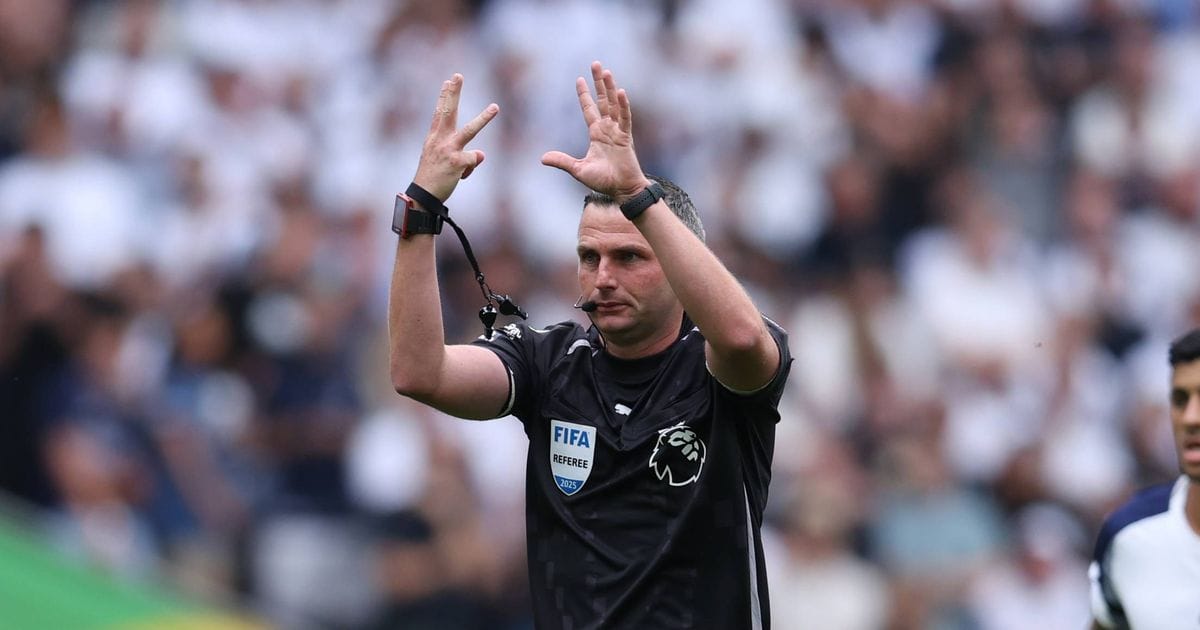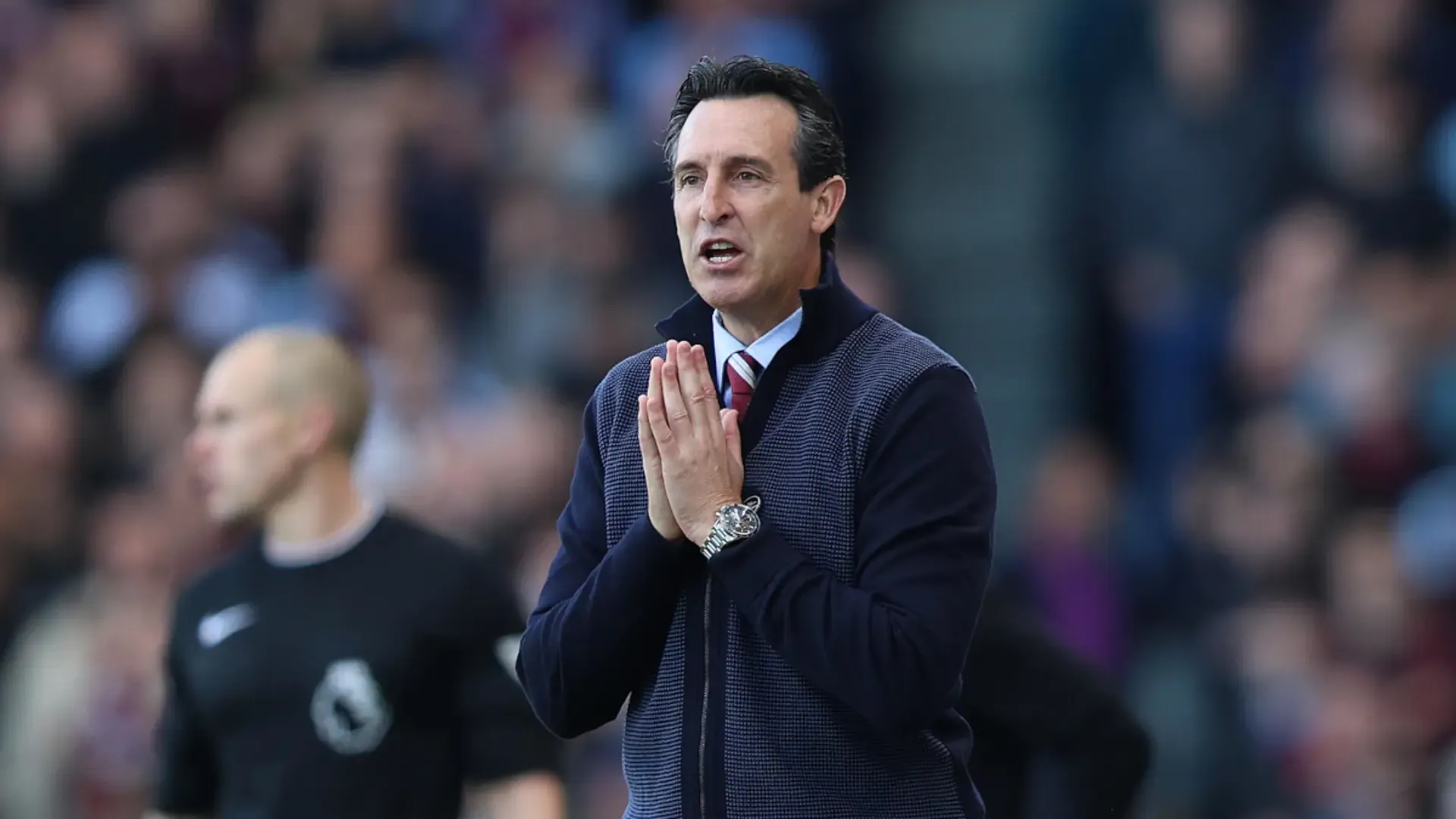
The new 8-second goalkeeper rule: How was it penalised in the Premier League across the first weekend?
The 2025/26 Premier League season kicked off with a fresh set of rules, and one change has already sparked debate: the new 8-second rule for goalkeepers.
Designed to curb time-wasting, the rule stipulates that goalkeepers must release the ball within eight seconds of gaining control, or the opposing team is awarded a corner kick. On the opening weekend, Burnley’s Martin Dubravka became the first goalkeeper to fall foul of this regulation during a 3-0 defeat to Tottenham.
Meanwhile, there has already been question marks over inconsistencies it its application, with Liverpool’s Alisson Becker escaping punishment on a couple of occasions against Bournemouth, and Arsenal’s Viktor Gyokeres seemingly exploiting the rule to gain an edge from set-pieces against Manchester United.
Is this rule a game-changer for the Premier League, or does it risk disproportionately affecting underdog teams?
The Rule and Its First Victim
The 8-second rule, approved by the International Football Association Board (IFAB), replaces the rarely enforced six-second rule, which previously warranted an indirect free-kick—a punishment referees hesitated to award due to its severity.
Now, if a goalkeeper holds the ball too long, the opposition earns a corner kick, a sanction deemed more proportionate yet still impactful. Referees signal the countdown with a raised hand for the final five seconds, ensuring transparency. The rule aims to speed up play and reduce tactical delays, particularly by teams protecting leads.
In Burnley’s Premier League opener at Tottenham Hotspur Stadium, Martin Dubravka became the rule’s first high-profile casualty. Just three minutes into the match, Dubravka was penalized by referee Michael Oliver for holding the ball beyond the eight-second limit, resulting in a corner for Tottenham.
Martin Dubravka becomes the first goalkeeper penalised for holding onto the ball for more than eight seconds! ⏱️ pic.twitter.com/EW6BfVzgt3
— Sky Sports Premier League (@SkySportsPL) August 16, 2025
This marked the first enforcement of the rule in the Premier League, spotlighting its immediate impact. The incident, while not directly leading to a goal, underscored the rule’s potential to shift momentum, especially as corners create scoring opportunities - approximately 2% of crossed corners result in goals, per data from footballeffect.com.
Inconsistent Enforcement? The Alisson Case
However, the rule’s application has already stirred controversy. Social media users watching Liverpool’s match against Bournemouth on Friday night noted that goalkeeper Alisson Becker appeared to hold the ball beyond eight seconds on multiple occasions without penalty.
While these observations lack official confirmation, they fuel speculation about inconsistent refereeing. If Alisson escaped scrutiny at Anfield, a fortress for the defending champions, it raises the question: are referees more likely to enforce the rule against smaller teams, especially when playing away at intimidating venues?
The disparity in enforcement could stem from several factors. At home, big clubs like Liverpool benefit from vocal crowds and a psychological edge, potentially influencing referees’ decisions subconsciously. They also do not hold the bias of a big team time-wasting at their home ground.
The Burnley-Tottenham incident, occurring in a one-sided game, against a lesser opposition away at one of the 'big' sides, may have been an easier call for the referee compared to penalizing Alisson in front of a passionate Anfield crowd. Without official data on every instance of the rule’s application over the weekend, it’s too early to confirm bias, but the anecdotal contrast between Dubravka and Alisson suggests a need for consistent officiating.
Tactical Exploitation: Arsenal’s Set-Piece Strategy?
The rule’s introduction also opens the door to tactical manipulation, as possibly seen in Arsenal’s match against Manchester United.
It seemed that Viktor Gyokeres deliberately attempted to delay the Manchester United goalkeeper’s release on numerous occasions, which he was warned to stop by Simon Hooper.
Was this a deliberate ploy by Arsenal to attempt to force a corner? Arsenal, known for their strength from set-pieces under Mikel Arteta, could benefit significantly from additional corners.
Last season, teams averaged 5-6 corners per game, with top sides like Arsenal sometimes reaching 7-11. With set-pieces contributing to expected goals (xG) over a season, provoking a corner through the 8-second rule could become a deliberate strategy for teams with strong aerial presence or set-piece routines. This tactic, however, raises ethical questions. The rule includes a provision that if an opponent deliberately pressures or prevents the goalkeeper from releasing the ball, an indirect free-kick is awarded to the defending team. Gyokeres’ actions, if deemed intentional, could risk such a penalty. Yet, the line between legitimate pressing and deliberate interference is blurry, leaving referees with another subjective decision.
Level Playing Field — Or Another Double Standard?
The eight-second rule isn’t a bad idea in theory. Nobody wants to watch keepers wasting time laying on the ball and killing the game. But rules only work if they’re applied evenly.
If we get one version of the law for the underdogs either away at the top grounds or at home like Turf Moor and another say at Anfield for Alisson, then what was supposed to be a crackdown on time-wasting will instead look like yet another example of football’s entrenched hierarchy. Big clubs get away with it; smaller clubs get punished.
The referees say they’ll be consistent. Fine. Let’s see them penalise Alisson at Anfield, or Raya at the Emirates. Let’s see how brave they really are when the stopwatch ticks past eight in front of 60,000 home fans.
Most Read




